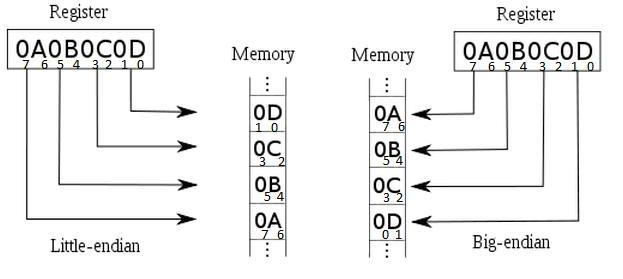user6461957
user6461957
user6461957
user6461957
user6461957
user6461957
user6461957
user6461957
user6461957
user6461957
user6461957
user6461957
user6461957
user6461957
user6461957
user6461957
user6461957
user6461957
user6461957
user6461957
user6461957
user6461957
user6461957
user6461957
user6461957
user6461957
user6461957
user6461957
user6461957
user6461957
user6461957
user6461957
user6461957
user6461957
user6461957
user6461957
user6461957
user6461957
user6461957
user6461957
user6461957
user6461957
user6461957
user6461957
user6461957
user6461957
user6461957
user6461957
user6461957
user6461957
user6461957
user6461957
user6461957
user6461957
user6461957
user6461957
user6461957

